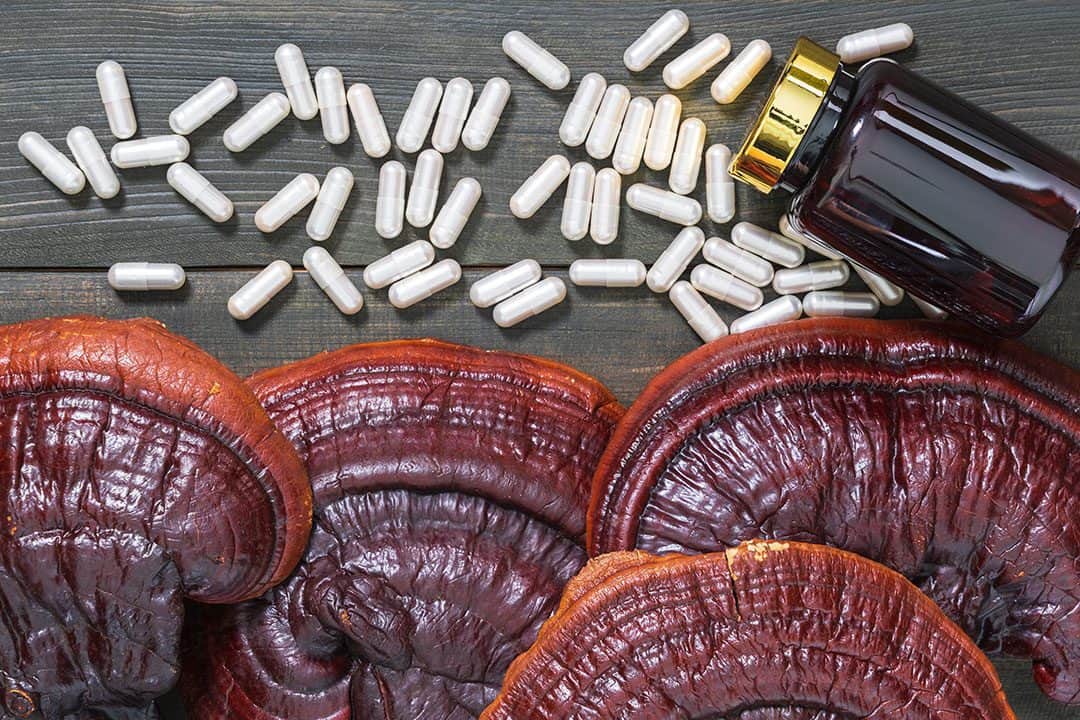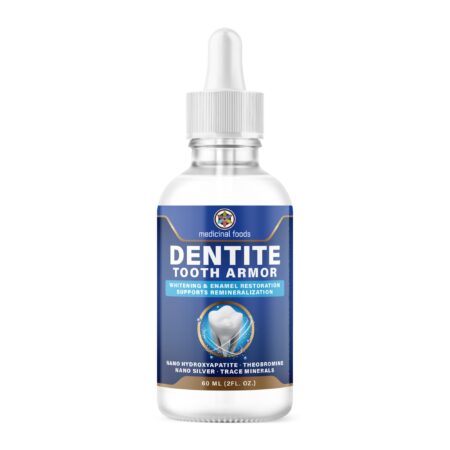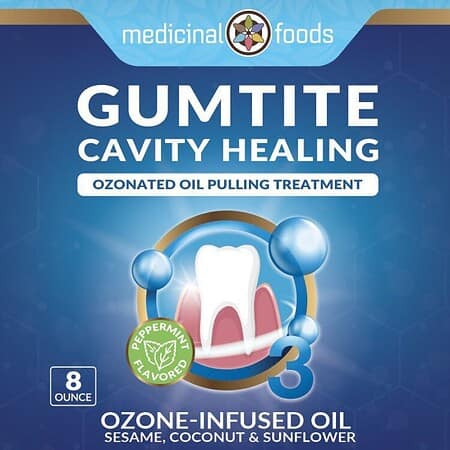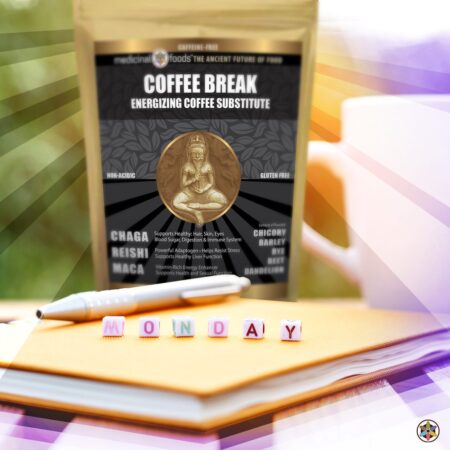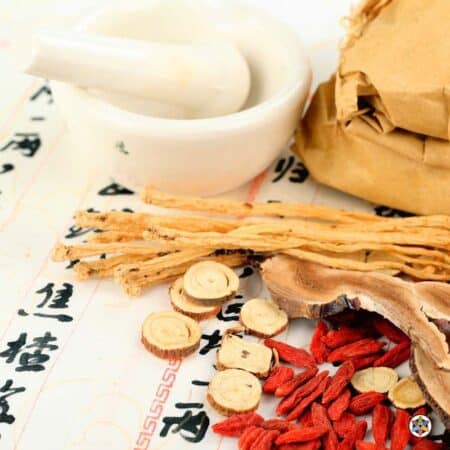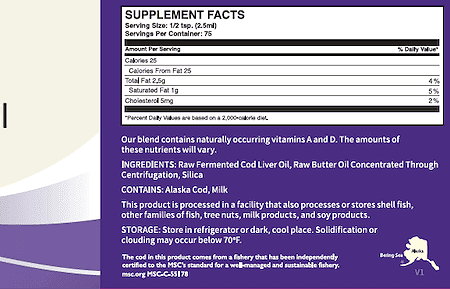Traditional Chinese medicine (TCM) has employed the use of herbal items for thousands of years, which is why the reishi mushroom supplement is so popular in Eastern medicine and in natural medicine.
This mushroom fungus, like many other plants and fungi, is thought to have a variety of health advantages, including the ability to battle depression and enhance immunity.
Its safety, however, like that of many natural products nowadays, has been questioned increasingly in the twenty-first century. Continue reading to find out more about its benefits and potential risks.
What is it?
It’s a fungus that’s also known as lingzhi or Ganoderma lucidum. The fungus thrives in Asia’s hot and humid climates and has been used in Eastern medicine for hundreds of years.
It includes several compounds like peptidoglycans, polysaccharides, and triterpenoids, which may be responsible for its health benefits. The most common form is the red color mushroom, but they come in a variety of colors.
While lingzhi fungi can be consumed whole, powdered forms of the fungi or extracts containing these specific compounds are more commonly used. Medicinal fungi are quite a staple in China and Japan and have a long history of safe use.
Today, the conversation surrounding Ganoderma lucidum is getting louder particularly because of its ability to combat cancer.
Where Did It Come From?
Anyone familiar with Chinese medicine knows that the use of herbal medicine and acupuncture has been around for thousands of years. Being one of the world’s oldest medical systems, it is no surprise that their authority on items like reishi comes with a level of truth. This fungus was discovered about 10,000 years ago, and was named lingzhi which means "herb of spiritual potency."
It was used to promote longevity, cure liver illnesses, coughs, and even asthma. G. lucidum has been found in the oldest medicinal journals documented in China, which date to about 2000 years ago.
Currently, it remains exceedingly popular in Korean, Japanese, Chines, and Vietnamese medicine and ranks 3rd as the most common herb taken by preoperative surgical patients
As a plant that has been believed to make people live for a very long time, it has acquired some names like:
• Sacred fungus
• Miraculous seed
• Mysterious plant of longevity
Constituents of This Sacred Fungus
Lingzhi is high in polysaccharides with at least 36 different compounds identified including beta-d-glucan. It also contains peptidoglycans, being 76% carbohydrate and 7% protein. Moreover, it’s rich in triterpenoids such as lucidenic acid B and Triterpene antioxidants. Apart from these 3 major compounds, it contains numerous minerals and enzymes such as cerevisterol, coumarins, potassium, and magnesium.
What is the substance?
This is powdered lingzhi that has simply been harvested raw then dried, crushed, and packed for human consumption. Although lingzhi can be purchased dry, shredded, and concentrated as a tincture, the powder form is the most convenient method to incorporate into a person’s daily routine.
Getting the fungi powdered can be beneficial because the dried adult fungi are too difficult to crush at home. From here, the supplement can be used in tea, smoothies, and even cuisine.
Top 5 Benefits of Consuming Reishi Mushroom Supplement
1. It Boosts Immunity
While certain details are still unknown, test-tube experiments have revealed that lingzhi can impact genes in white blood cells, which are important components of the immune system.
Chemicals found in the substance have been seen to increase the activity of ‘natural killer cells which are types of white blood cells particularly in cancer patients.
These cells are responsible for fighting not only cancer but other infections in the body as well. Furthermore, various types of G. lucidum have been discovered to modify inflammatory pathways in white blood cells and increase the (lymphocyte count in the body.
2. Anti-Cancer Properties
Many people eat this fungus because of its cancer-fighting properties. In one study of over 4000 breast cancers survivors, 59% of them has consumed lingzhi supplements.
In addition, some test-tube studies have demonstrated that it can cause cancer cells to die and tumors to shrink in size. Because of its effects on testosterone, it is also ought to reverse prostate cancer.
Moreover, it’s thought to prevent and treat colorectal cancer. Though some of these effects have yet to be validated, a comprehensive review of several research studies found that it may help cancer patients.
It enhances the activity of the body’s white blood cells, which aid in the battle against cancer, as well as improves cancer patients’ quality of life.
3. Reduced Fatigue and Depression
One study evaluated this sacred fungus’ effect on 132 persons with neurasthenia, a disorder marked by aches, irritability, headaches, dizziness, and pains. After 8 weeks of supplement use, the researchers discovered that weariness was reduced and well-being enhanced.
Another study indicated that after four weeks of consuming the substance, fatigue was reduced and quality of life increased in a group of 48 breast cancer survivors. Furthermore, the participants in the study had lower levels of anxiety and despair.
4. Diabetes and Blood Sugar Control
contains glucans like ganoderan A and B which are known to prevent hypoglycemia. It also contains Ganopoly which influences glucose metabolism and increases insulin production in animals. When consumed 3 times a day in 1,800 mg doses, it is thought to lower postprandial glucose levels in patients with type 2 diabetes, as shown by clinical investigations.
5. Heart Health
The fungus has been demonstrated to raise "good" HDL cholesterol levels while lowering triglycerides. Other studies in healthy adults, on the other hand, found no improvement in these heart disease risk variables. Overall, additional research into the substance and heart health is required.
Dosing
Traditional practitioners prescribe 0.5 to 1 g per day for acute disease, 2 to 5 g for chronic illness, and up to 15 g extract of G. lucidum per day for serious illness. If it’s just being taken for nutritional purposes, the accepted range is between 6 and 12 grams per day.
Adverse Reactions and Associated Risks
Some of the side effects that are associated with lingzhi consumption include constipation, diarrhea, skin irritation, bone pain, nosebleeding, stomach upsets, dry mouth, and dizziness.
These side effects, are however typically mild and include a minimal increase in the chance of stomach trouble or digestive distress.
Some studies have found that ingesting the extract for four weeks had no negative effects on the liver or kidneys in healthy persons. In two case studies, however, there were substantial liver issues.
Bottom Line
Comparatively speaking, the risks and adverse reactions are minimal and are no basis to consider the fungus a health risk, though more research needs to be carried out.
Overall, the miracle seed is a vital product in boosting immunity, managing blood sugar, reducing depression, and enhancing the quality of life particularly in cancer patients.


